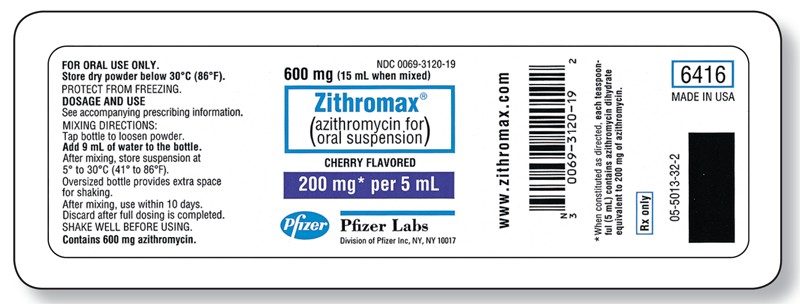The nurse discusses the potential for hypocalcemia with a client who is postmenopausal. For which potential health problem should the nurse caution the client to avoid long-term caffeine intake?
a. Hair loss
b. Skin rashes
c. Fluid retention
d. Urinary loss of calcium
d. Urinary loss of calcium
Increased calcium excretion through short-term urinary losses associated with long-term high caffeine intake has been associated with bone mineral density loss in older females. Edema is associated by sodium retention. Alopecia, or hair loss, and dermatitis are associated with zinc deficiency.
You might also like to view...
The physician prescribes intravenous mannitol for a patient who has a head injury and increased intracranial pressure (ICP). Which assessment finding would best indicate to the nurse that the patient is having a therapeutic response to the mannitol?
a. Increased urinary output b. Decreased Glasgow Coma Scale (GCS) score c. Increased blood glucose d. Return of the gag reflex
A patient has just been told she needs to have an incisional biopsy of a right breast mass. During preoperative teaching, how could the nurse best assess this patient for specific educational, physical, or psychosocial needs she might have?
A) By encouraging her to verbalize her questions and concerns B) By discussing the possible findings of the biopsy C) By discussing possible treatment options if the diagnosis is cancer D) By reviewing her medical history
Your client is a 55-year-old woman who began sleeping in a separate bedroom from her husband because sexual intercourse has become too painful
She is experiencing menopause and has noticed physical changes in her body. Which of the following nursing diagnoses would be most appropriate? 1. Ineffective sexuality patterns 2. Sexual dysfunction 3. Ineffective individual coping 4. Hopelessness
The generic name of this medication is ________.® 
Fill in the blank(s) with the appropriate word(s).